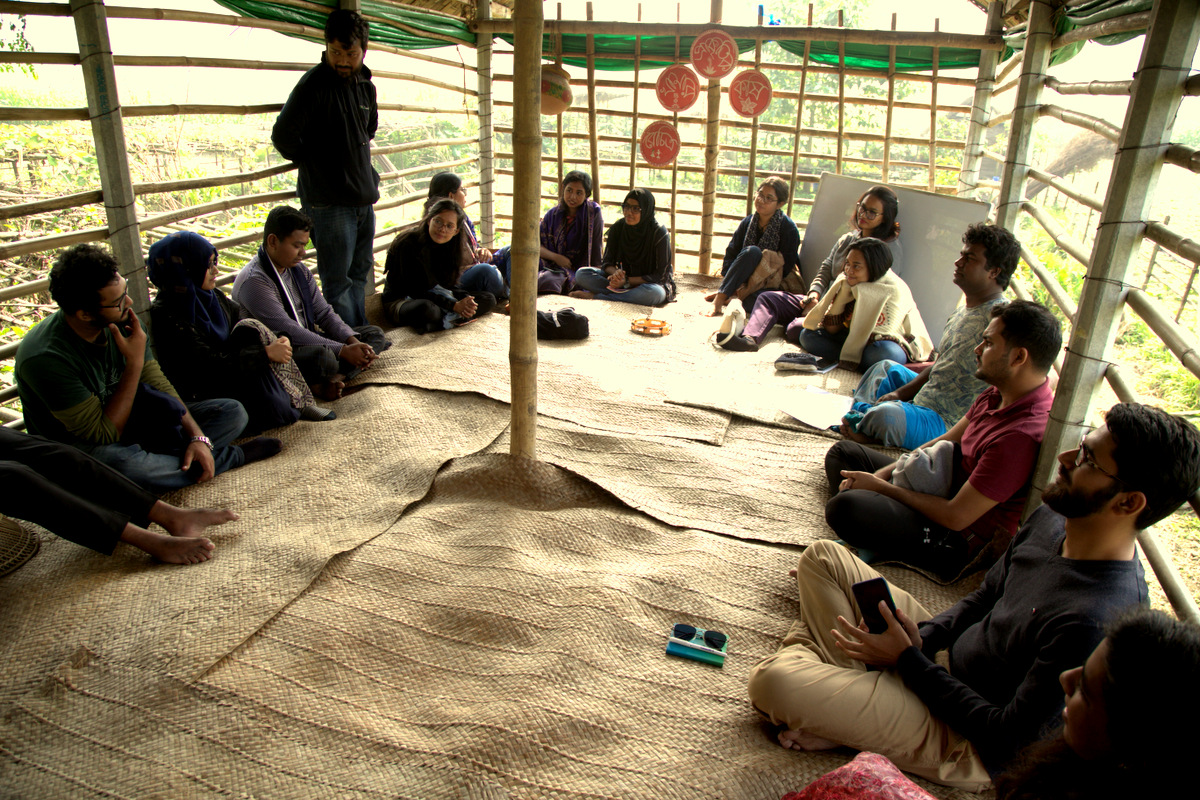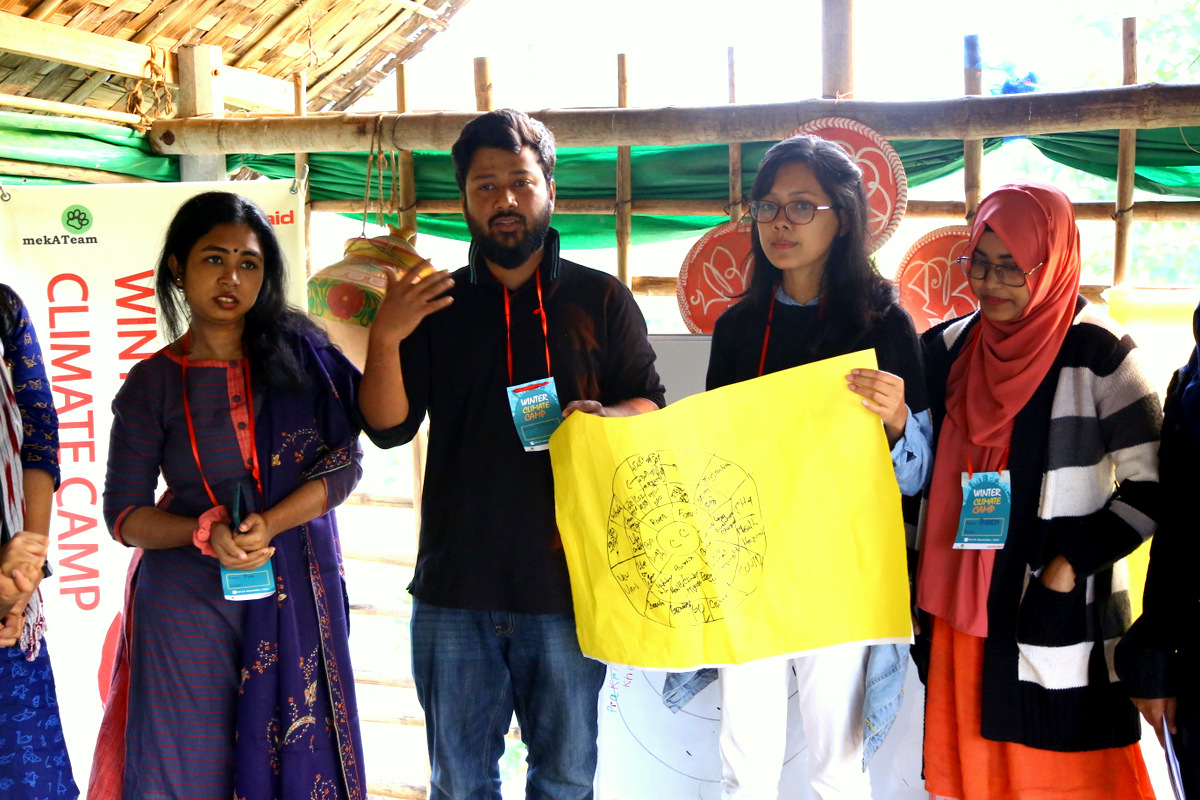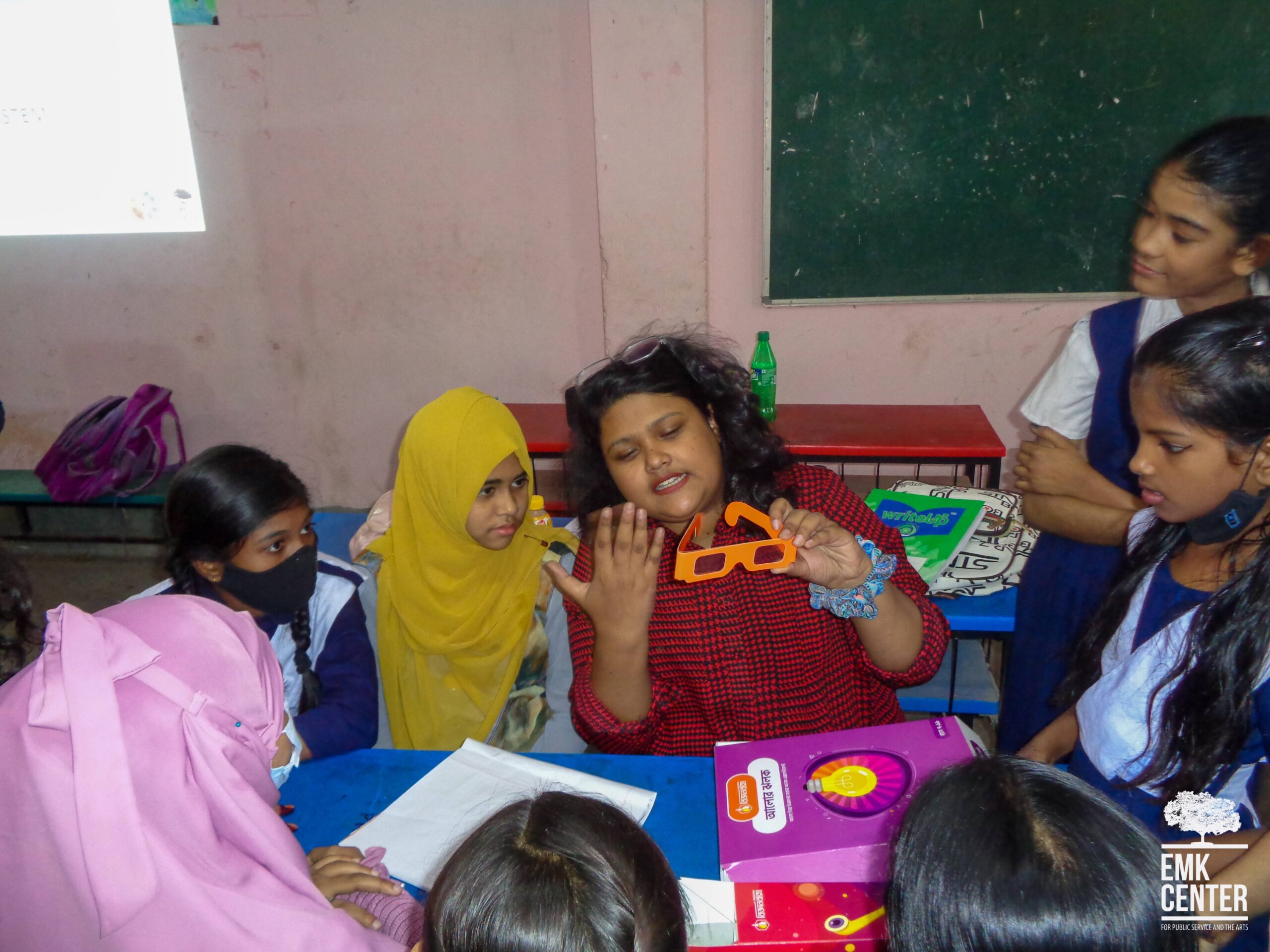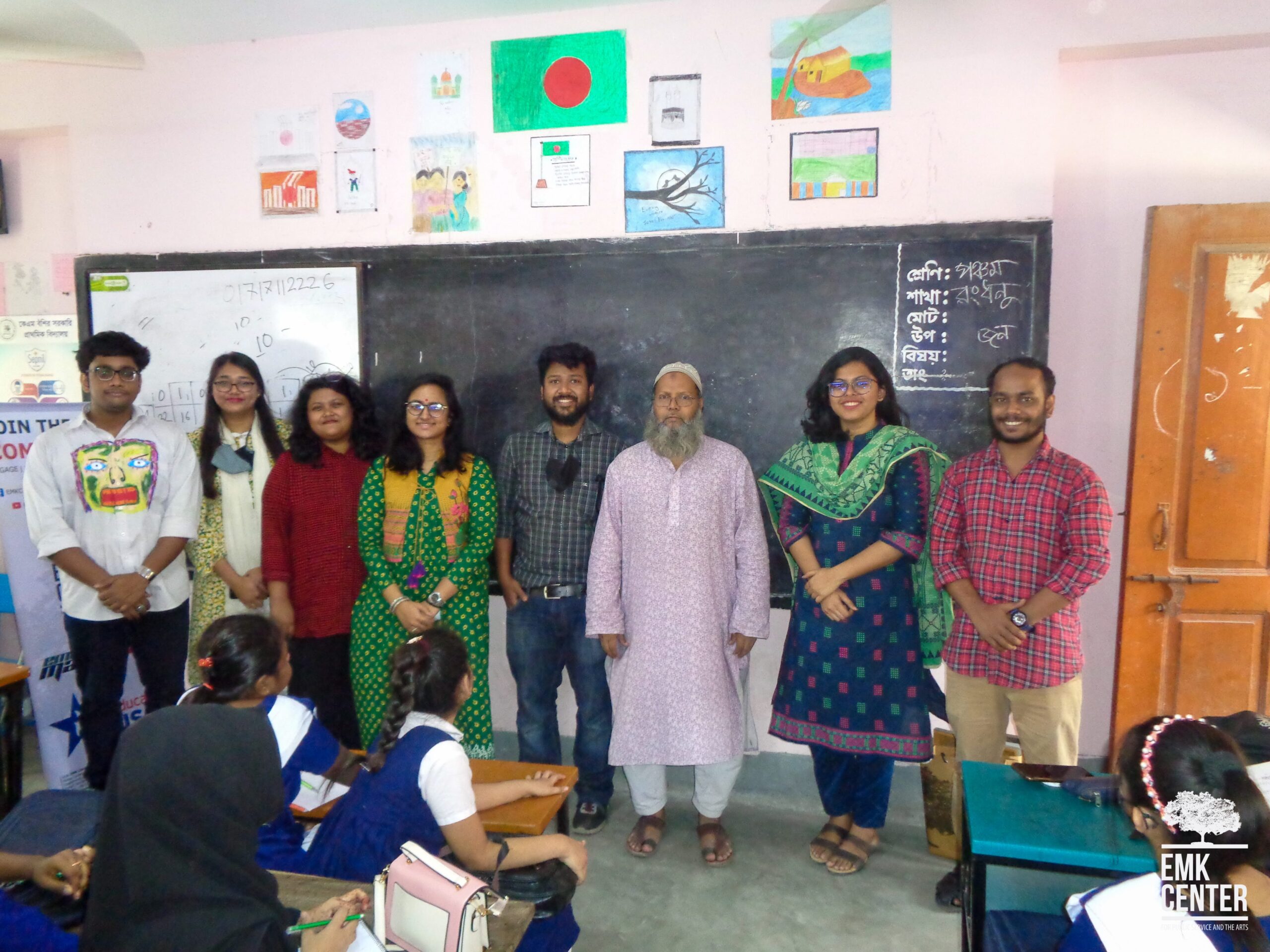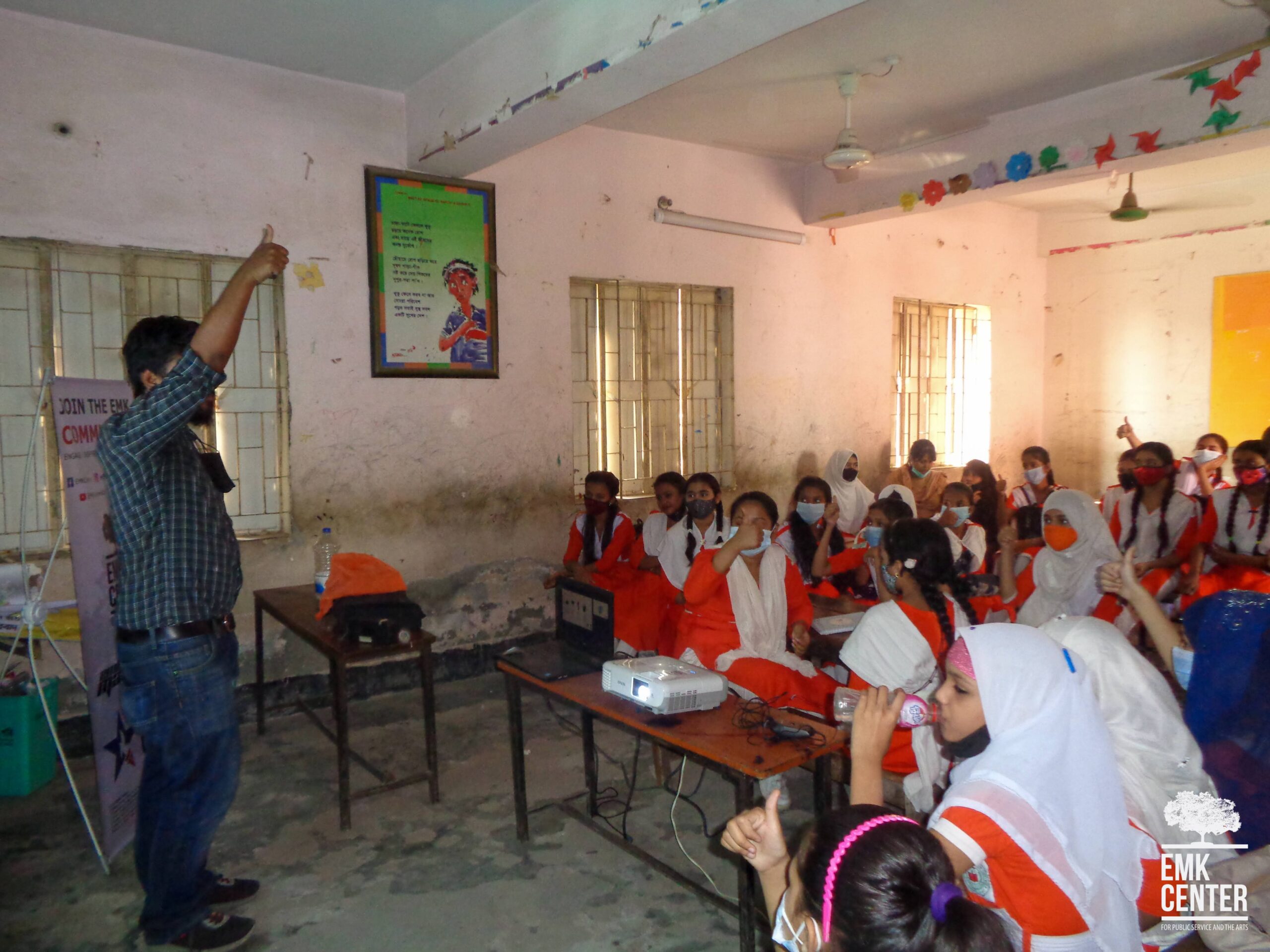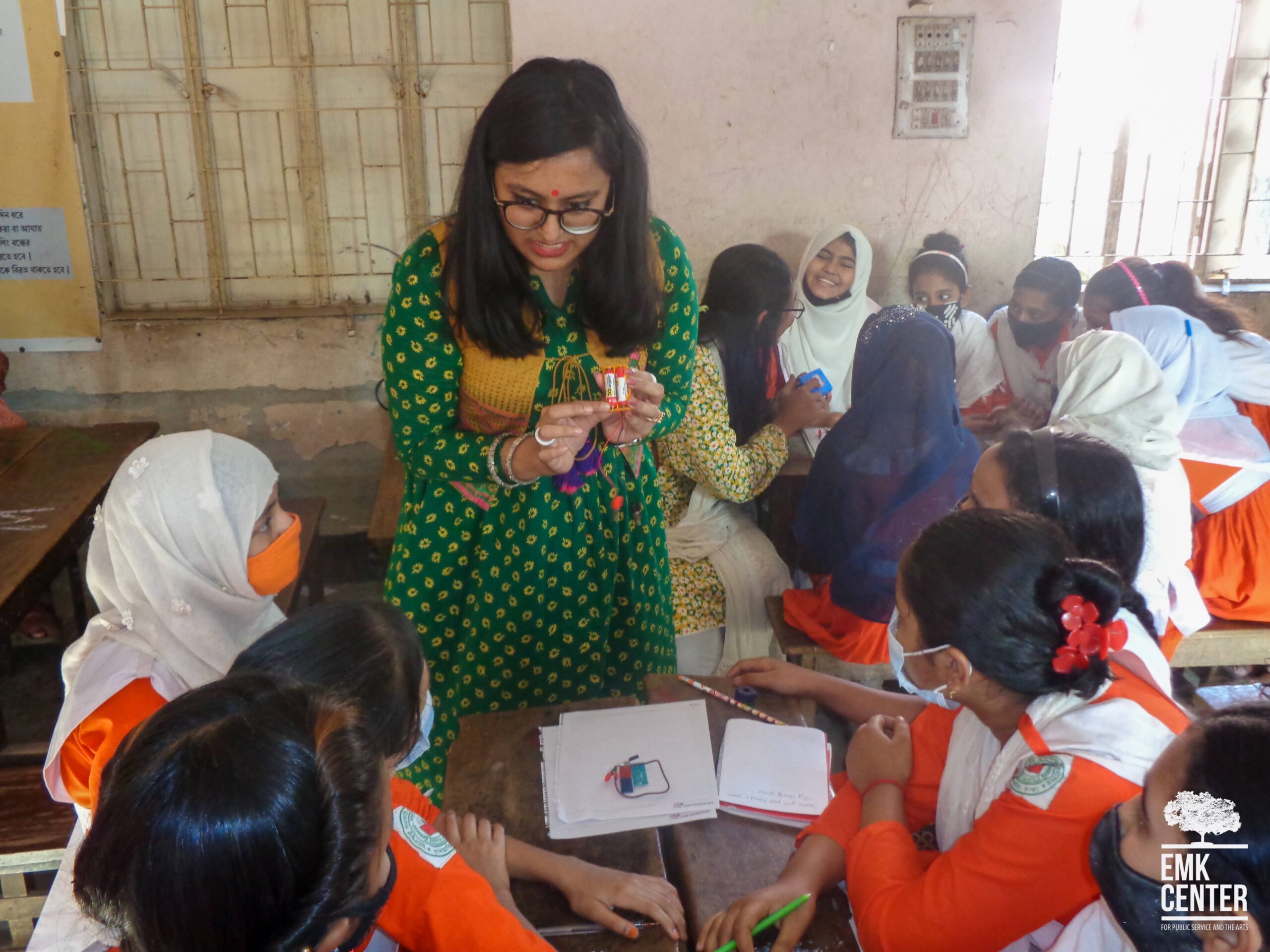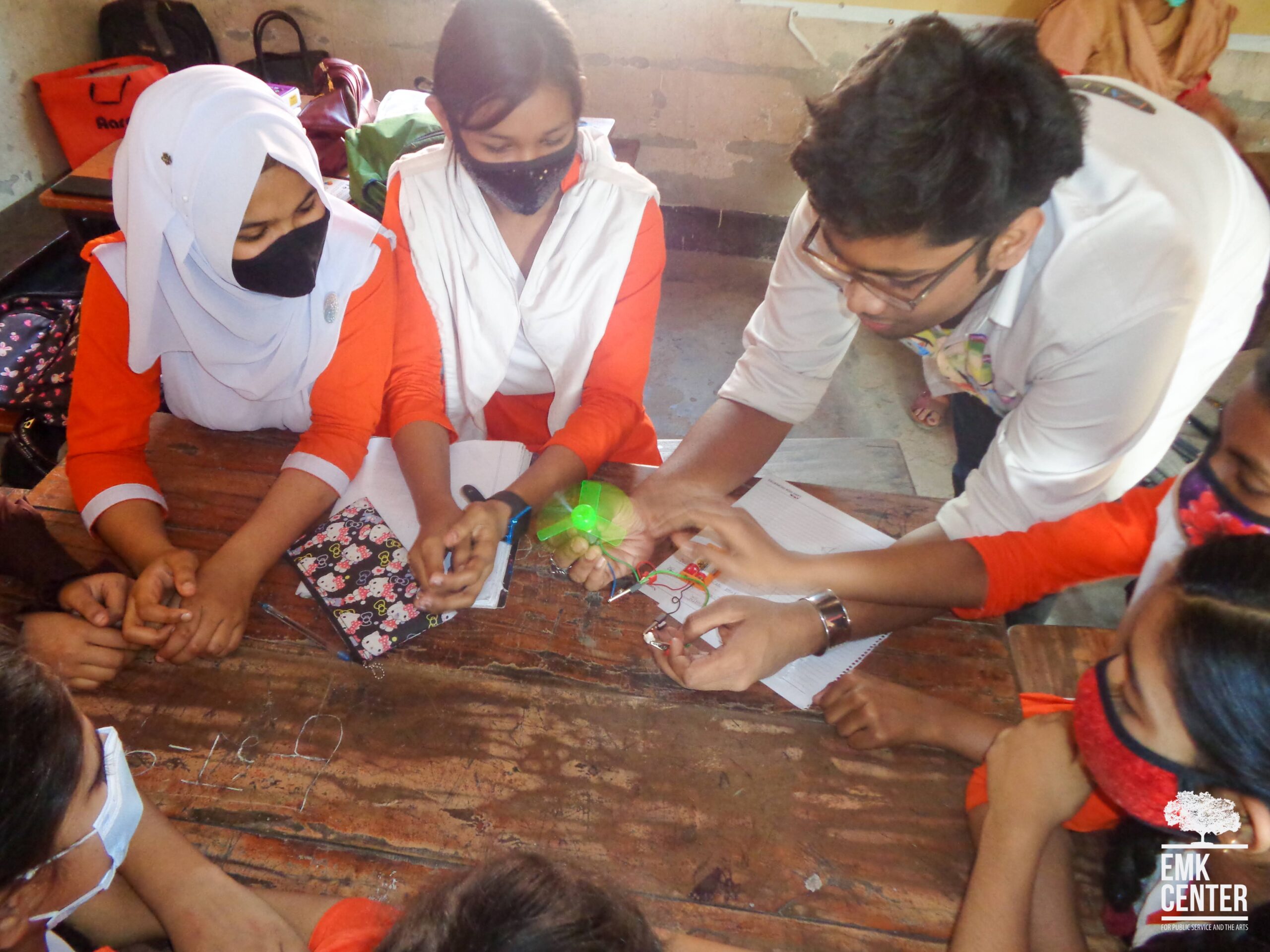Name of Organization:
Think lead Change
Region:
Asia
Country:
Bangladesh
Project Category:
Sustainable Agriculture.
Grant Amount:
USD 700.
Community Benefited:
Underprivileged School-based community of Lalbag area of Dhaka City.
Project Description
The initiative would focus on Nature-based Solutions (NbS) in agriculture in order to provide nutrition for community youth while also rehabilitating nature and the climate. The project would take a multilevel approach, incorporating seven core elements: sustainable agriculture, biodiversity protection, NbS agriculture capacity development, sustainable agriculture technology integration, nature-based intervention, community nutrition supplementation, and green stewardship, in order to create a cycle of intervention that positions young people at the forefront of sustainable nature-based agriculture practice in the community, while also providing nutritional supplementation.
The project will be implemented in phases; initially, it will focus on a school community where it is much required owing to the absence of any community farming in the region and a general lack of understanding about natural farming. The area's youth would be equipped with critical information, skills, resources, and mentoring in order to conduct natural farming. The project would engage young people in the establishment of a natural agricultural zone within the school, providing mentoring, direction, and resources to enable youth to participate actively in the creation and obtain practical expertise. The nature farming zone would incorporate sustainable agriculture technologies such as hydroponics and vertical farming to maximize the use of limited land and alleviate land-use pressure. Following that, young people would be entrusted with the responsibility of protecting the natural agricultural zone. Finally, a continuous monitoring procedure would be implemented to frequently assess project outcomes and to give necessary supervision and advice to young people responsible for natural farming zone management. The produce or harvest from this zone would assist in meeting the nutritional needs of young people, and the 'Nature-Based Solution' primary attribute of this farming technique would aid in biodiversity and climate preservation. Through the initiative, young people will be empowered to be crucial stewards and climate champions for land and water resources. And communities can anticipate a healthier environment as a result of this natural agricultural zone.
